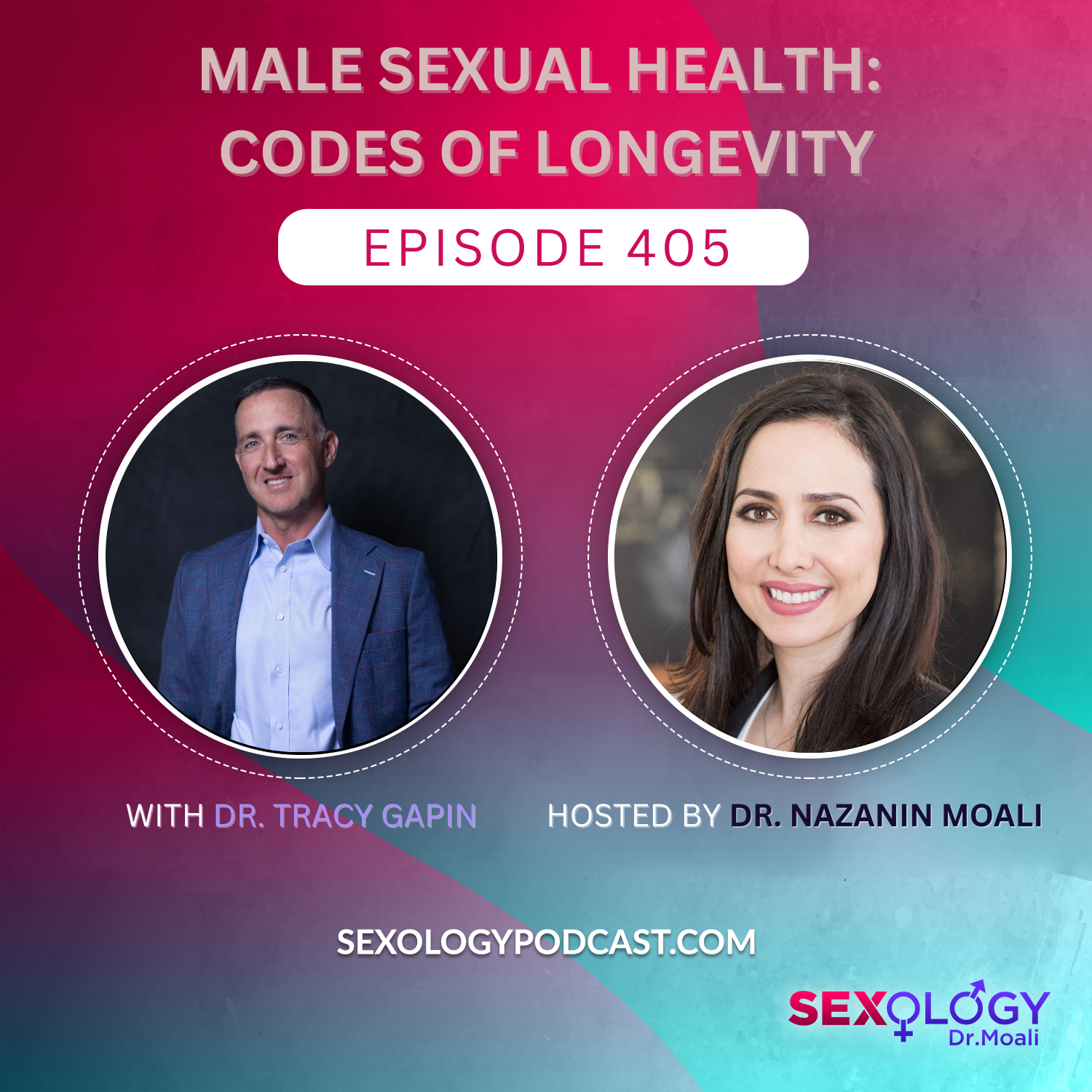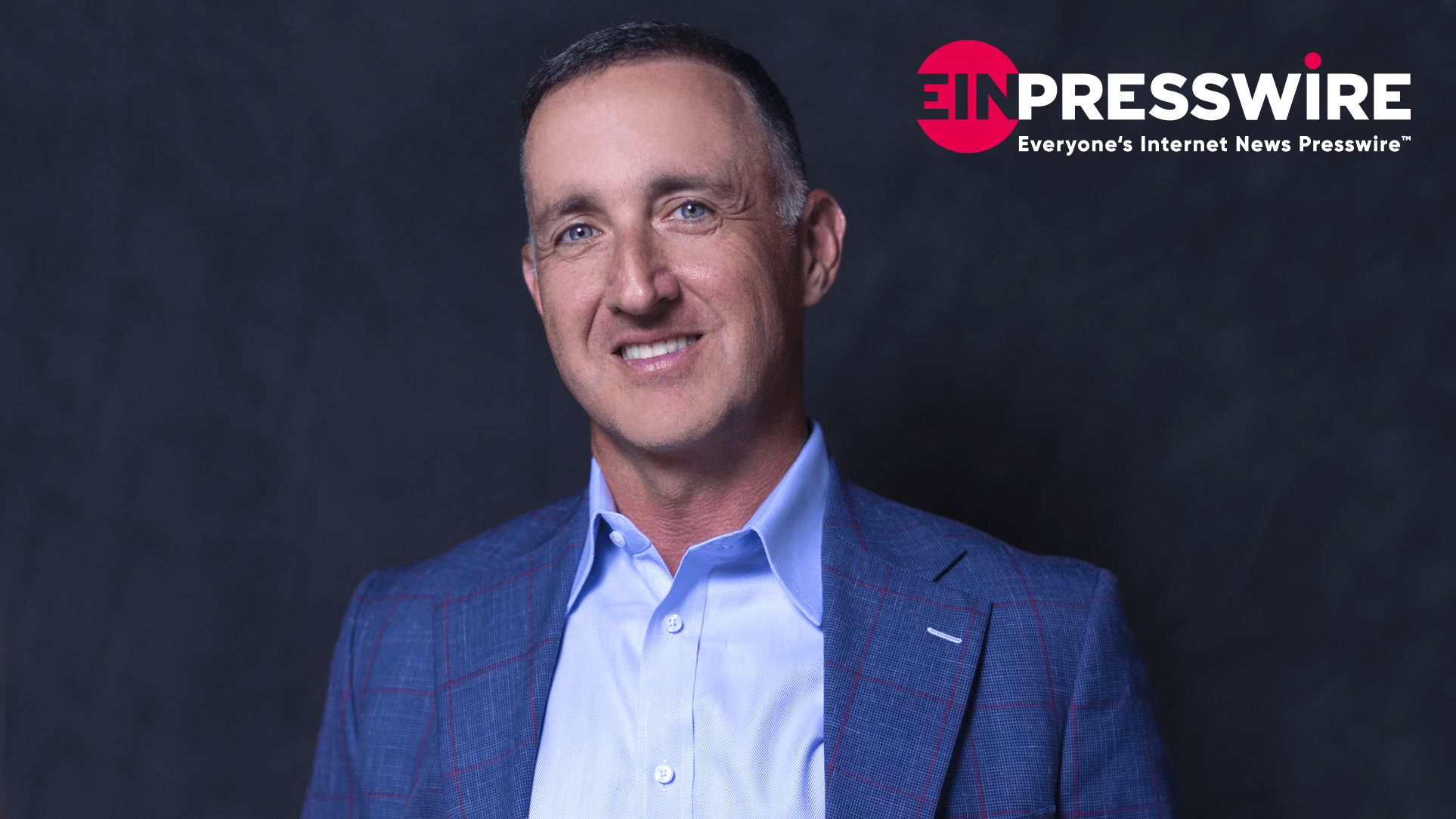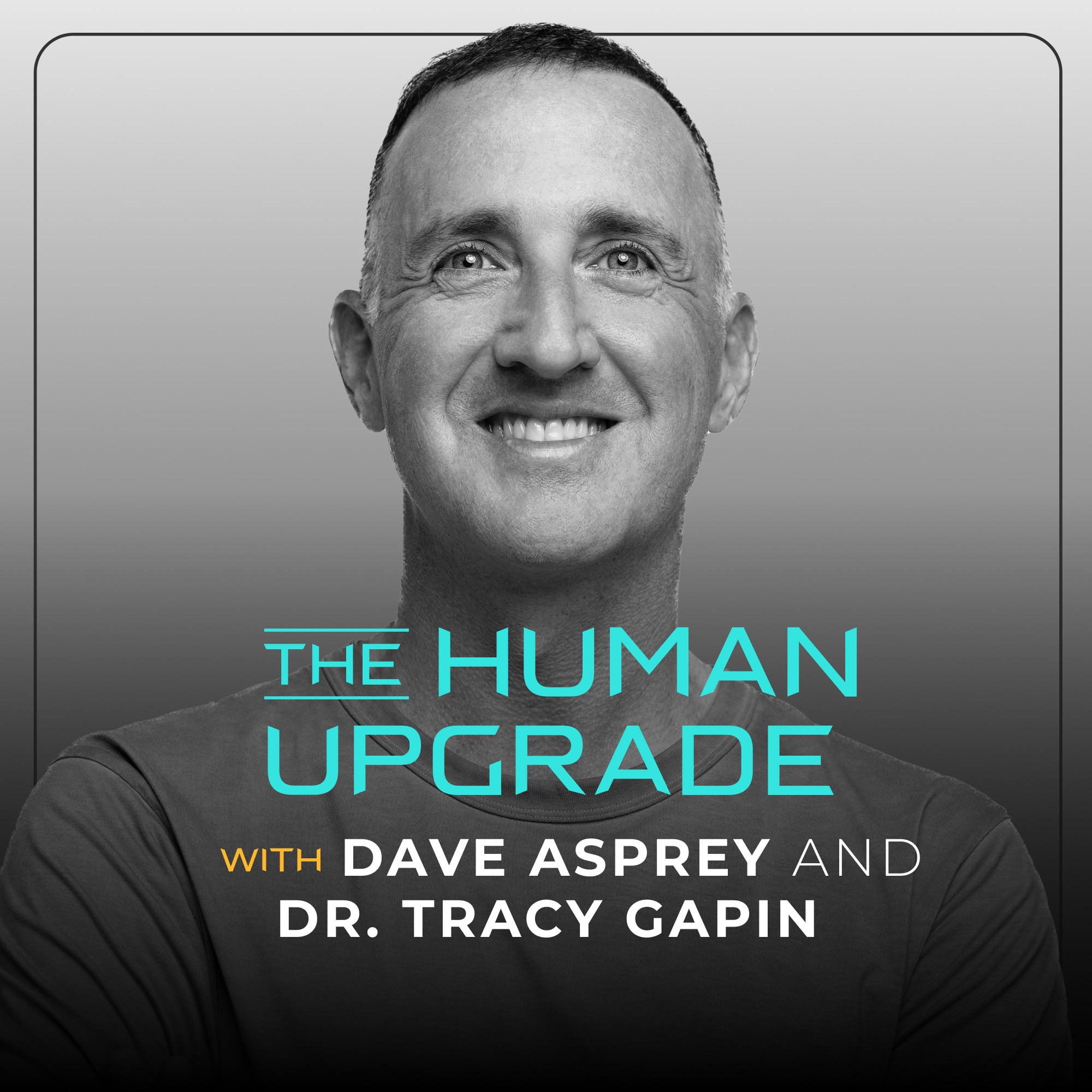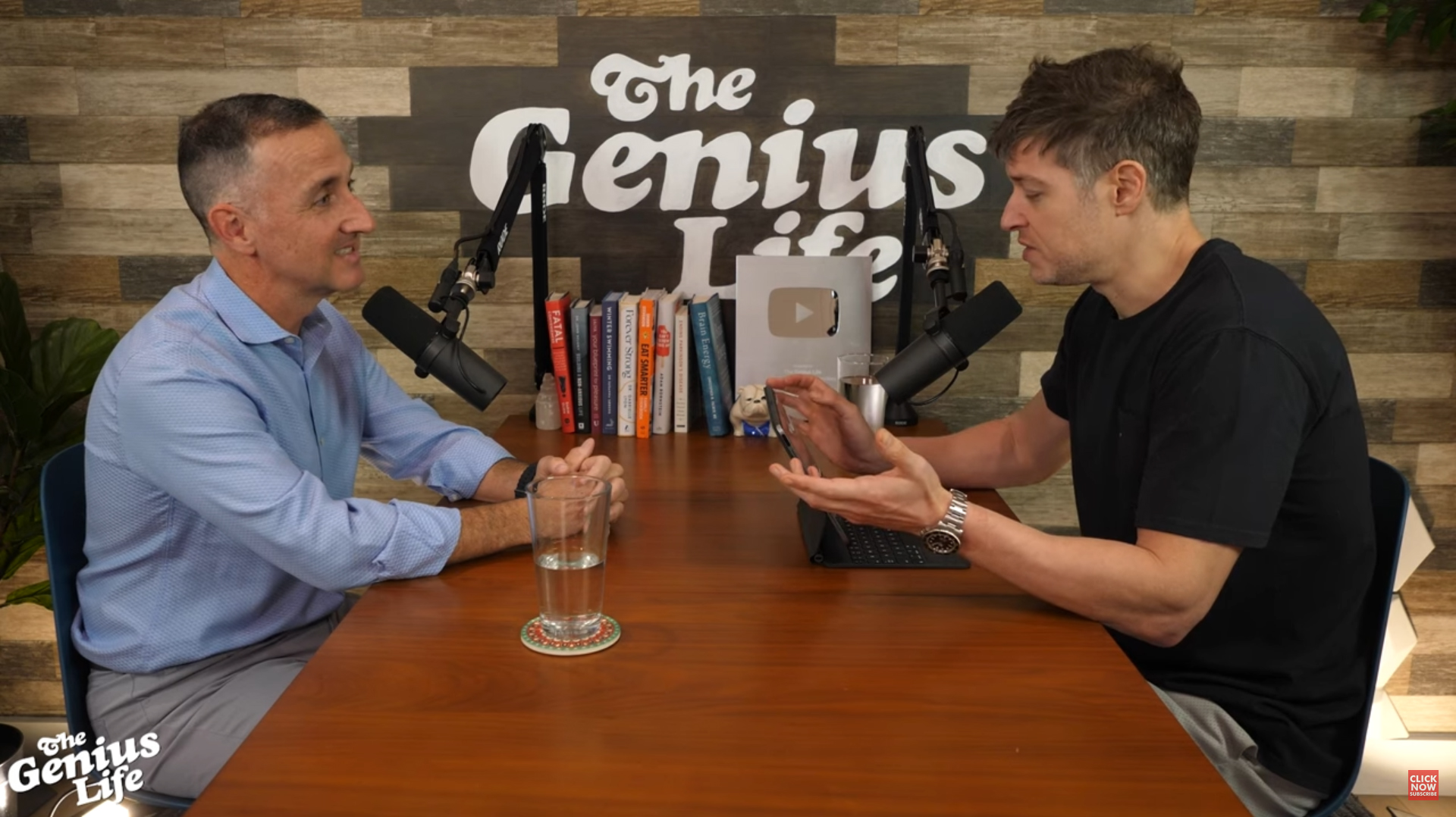
Studies have concluded that vitamin D deficiency and erectile dysfunction are strongly correlated. In fact, a study published in Dermato-endocrinology found that men with a vitamin D deficiency have a 30% greater prevalence of ED and an 80% greater prevalence of severe ED compared to men with optimal levels of vitamin D.
But why is this? What’s the link between vitamin D and the ability to have an erection?
More importantly, what can you do to ensure that a vitamin D deficiency isn’t killing your sex life?
What Is ED?
Erectile dysfunction, also called “impotence,” is when a man has difficulty achieving or maintaining an erection long enough to have satisfactory sexual intercourse. This could mean that the erection quickly fades or that he can’t have an erection at all.
Erectile dysfunction has a lot of moving parts. The causes of ED can be varied, which can make it difficult to treat in the long-term. ED can be neurological (brain), vascular (blood vessels), muscular, hormonal, and even psychological. Oftentimes, ED is a vascular problem caused by endothelial damage or inhibition of vasodilation. Basically, this means that the blood vessels are damaged and can’t properly transport blood to the penis (which is what gets the penis hard).
ED is often a symptom of another underlying disease or concern, like cardiovascular disease or diabetes. In fact, erectile dysfunction is often one of the first and primary indicators of heart disease.
What Is A Vitamin D Deficiency (VDD)?

A “deficiency” of a vitamin means that your body doesn’t have the amount of that nutrient in the body for proper function. A vitamin D deficiency is usually classified as anything below 20 or 30 ng/mL. The Vitamin D Council recommends optimal vitamin D levels between 40 and 80 ng/mL.
Nearly three-quarters of all U.S. teens and adults are deficient in vitamin D. Often called the “sunshine vitamin,” scientists are realizing more and more just how important vitamin D is to overall health. In fact, research has shown that a deficit in vitamin D can be linked to a number of health concerns, from cancer to diabetes to bone loss to heart disease… to erectile dysfunction.
Vitamin D plays a role in the health of:
- Bone
- Immune system
- Muscle function
- Cardiovascular system
- Respiratory system
- Brain development
Did you know: Vitamin D is the only vitamin that your body produces. Your body can’t make other vitamins; it receives those vitamins from foods. But your body can make vitamin D when your skin is exposed to sunlight.
Because of this unique aspect of vitamin D, it’s not always the easiest vitamin to give to our bodies. Eating more of a food won’t necessarily increase our vitamin D levels that much. The process of making vitamin D is a little more complex than other nutrients.
And that’s one reason why so many Americans are deficient in vitamin D.
Most people don’t show signs of vitamin D deficiency… though most people have it. Interestingly, a 2015 study found that 67% of 160 physicians studied had vitamin D deficiencies. Even doctors—who should be the best at watching their health—are deficient in vitamin D.
Vitamin D deficiency (VDD) has become an epidemic.
How Are ED And VDD Linked?
A number of recent studies have proven that vitamin D deficiency and erectile dysfunction have some sort of correlation, independent of other risk factors. Researchers have concluded that “a significant proportion of ED patients have a vitamin D deficiency.” Ultimately, as researchers Sorenson and Grant wrote in their 2012 study: “We conclude that VDD contributes to ED.”
This study also found that low levels of vitamin D promoted endothelial dysfunction. Vitamin D has been shown to help improve endothelial function, while a deficiency in vitamin D contributes to endothelial dysfunction.
But what is endothelial dysfunction?
The endothelium is the inner lining of the blood vessels. This basically keeps your blood flowing smoothly and healthily. If there is endothelial dysfunction, there is an imbalance in the vessels, which restricts blood flow. This dysfunction can come from high blood pressure, diabetes, high cholesterol, plaque build-up, smoking, or other environmental factors.
In order for you to have an erection, your penis needs to fill up with blood to get “hard.” If your blood vessels aren’t working properly, blood can’t get down to your penis to fill it up. This can cause a vascular-related erectile dysfunction.
Vitamin D has been shown to promote endothelial function. In the opposite way, vitamin D deficiency can actually damage our endothelial system and injure our blood vessels. If your blood vessels are injured, they can’t do their job and get blood flowing to your penis to have an erection.
Moreover, damaged blood vessels can also lead to an increased risk for cardiovascular disease, which we’ll discuss below.

Vitamin D also plays a role in nitric oxide synthesis. Nitric oxide is needed to relax the smooth muscles of the penis and open up the blood vessels to allow blood to flow into the penis. NO functions as a natural vasodilator that’s essential to gaining an erection.
Some studies suggest that vitamin D may regulate the synthase or production of nitric oxide. This means that vitamin D could play an integral role in boosting blood flow to the penis. In reverse, a deficiency in vitamin D could mean an inhibition of nitric oxide synthesis. Without NO, there’s no erection. If VDD prevents NO, then an erection is impossible.
How Are VDD And CVD Linked?
Moreover, as discussed, erectile dysfunction is often a symptom of cardiovascular disease (CVD). Risk factors that are associated with CVD are also associated with a high ED risk, like smoking and being overweight. If vitamin D deficiency contributes to erectile dysfunction, scientists have concluded that VDD may also be linked to cardiovascular disease.
Ultimately, vitamin D deficiency is closely associated to both erectile dysfunction and cardiovascular disease.
And you don’t want either of those health issues.
So it’s time to get rid of your vitamin D deficiency (because, like most people, you’re probably not getting the vitamin D you need).
How Do You Get The Vitamin D You Need?
As discussed earlier, vitamin D is a unique nutrient. Your body chemically creates vitamin D when it receives sunlight. (Yes, you’re like a plant going through photosynthesis!) In this way, obtaining a healthy amount of vitamin D means committing to lifestyle changes for the long haul.
But these changes are fun, if you ask me!
Sunlight
The best way to increase your vitamin D is to get more sunlight. Exposing your skin to the sun is the fastest and most efficient method of vitamin D consumption.
This doesn’t mean you need to tan or burn in order to be healthy. In fact, you shouldn’t be tanning or burning, which can end up chemically altering your cells and causing long-term problems (like wrinkles and cancer). Rather, you only need a few minutes of unprotected sunlight in order to get your full daily dose of vitamin D. You should then apply sunscreen liberally to ensure you don’t do any long-term damage with the UV rays.

Yes, the doctor is telling you to get out and go surfing, go for a bike ride, or take a walk around the park in the middle of the workday!
A few variables will affect the amount of vitamin D you get from the sunlight:
- Time of day: your skin can produce more vitamin D if you get sunlight exposure during the middle of the day
- Location: the closer you are to the equator, the more UV rays you’ll receive, and the easier it will be for your body to produce vitamin D
- Altitude: the closer you are to the sun, the more vitamin D you’ll make (sun is more intense on a mountain than on a beach, even if the temperature disagrees)
- Exposure: the amount of skin you expose to the sun affects the amount of vitamin D you’ll produce
- Skin color: pale skin can make vitamin D quicker than darker skin tones
- Age: your body’s production of vitamin D naturally slows down as you age
- Sunscreen: wearing sunscreen can block the UV rays that are transformed into vitamin D
- Pollution: polluted or cloudy air will soak up more UV rays than non-polluted air, stealing some of your vitamin D potential
- Glass: glass blocks UVB rays, which are the rays needed for vitamin D production
Generally, I don’t recommend tanning beds to get the vitamin D you need. Often, you need only a few minutes of exposure to get your daily dose of vitamin D. Most indoor tanning bed sessions can cause severe burns and tans with long-lasting consequences.
Supplements
The second best way to get vitamin D is through supplementation. If you don’t live in a sunny area or you don’t want to expose yourself to UV rays, vitamin D supplements are usually a good option.
Different organizations and doctors have different ideas about the correct dosage of vitamin D supplements. The Vitamin D Council recommends about 5,000 International Units (IU) of vitamin D daily; the Endocrine Society recommends about 1,500-2,000 IU per day; and the Food and Nutrition Board recommends 600 IU per day and 800 for seniors. The Food and Nutrition Board is the official recommendation by the U.S. government.
Ultimately, there isn’t a “right” answer just yet on how much you should be taking. But you should definitely not be taking more than 10,000 IU per day. The Food and Nutrition Board even says the maximum dosage should be 4,000 IU per day.

Generally, you should take vitamin D3 as opposed to vitamin D2. Vitamin D3 is not vegetarian, so talk to your doctor if you do not want to take an animal-based product.
You can also take cod liver oil, which contains vitamin D. However, cod liver oil has higher amounts of vitamin A than D. Taking too much vitamin A can be dangerous, so it’s important to maintain a healthy balance when supplementing with cod liver oil.
Vitamin D is fat-soluble. If you take too much, your body can’t easily get rid of it. You don’t want to be swimming in vitamin D, as high doses may cause diseases like MS or prostate cancer. Learn more about the link between vitamin D and prostate cancer here.
Talk to your doctor before adding any supplements to your regimen.
Diet
Although our bodies produce most of our vitamin D, you can still get small amounts of vitamin D with your diet. However, most scientists believe that eating vitamin D won’t provide enough of the vitamin to stay healthy.
Nevertheless, adding vitamin D foods to your diet can help supplement your anti-VDD efforts.
- Salmon
- Mackerel
- Tuna
- Sardines
- Herring
- Raw milk
- Caviar
- Oysters
- Shrimp
- Eggs
- Mushrooms
- Fortified cereal and oatmeal
- Nutrient-Additive milk (cow and soy)
- Fortified orange juice

Workout
Working out won’t necessarily give you more vitamin D, but it can help you absorb more of the vitamin D you do get. Vitamin D is extracted from the blood by fat cells. This means that the more fat you have on your body, the more vitamin D will be pulled out of use. Thus, people with a high body mass index (over 30) often have lower blood levels of vitamin D.
If you are carrying some extra pounds, you could be sabotaging any vitamin D regimen you try to implement. Moreover, being overweight is also strongly linked to erectile dysfunction and cardiovascular disease.
If you want to lower your vitamin D deficiency and minimize your risk of ED and other serious diseases, it’s time to lose some of the weight.
Struggling to lose weight and feeling overwhelmed by health concerns? Learn about metabolic syndrome here.
The Bottom Line
Vitamin D deficiency is a common concern throughout the U.S. This deficiency can cause a number of serious health concerns, including erectile dysfunction and cardiovascular disease.
But thankfully, a deficiency is easily solvable—by adding more of that vitamin into your body! By getting more sunlight, adding vitamin D supplements, and changing your diet and exercise, you can lower your risk of vascular problems and ED in no time.
Are you ready to finally balance your health?
Are you ready to get back to that energetic vigor of your youth?
Of course, you are!
Sign up for the Male 90X program right now!
This genetic-based report and private consultation will get you started on the steps of total body transformation to realign every aspect of your health and wellness.
What are you waiting for? Get Male 90X now to start living the life you deserve!








